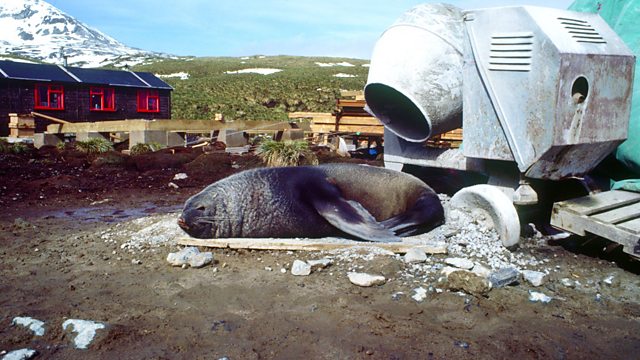Spix Macaw - Conservation Triage
How does the world of conservation set its priorities? Shared Planet reports from Qatar and the effort being spent to save the spix macaw.
How does the world of conservation set its priorities? Shared Planet reports from Qatar and the effort being spent to save the Spix Macaw from extinction in captivity. Occasionally, when the battle to save a species from extinction has almost been lost, the only alternative is to catch the remaining individuals to be kept safe and bred in captivity with no certainly of ever being returned to the wild. In this episode of Shared Planet Monty Don asks whether last hope fights to prevent single extinctions are viable or do we need to start prioritising conservation funding to secure the future or greater numbers of species?
Last on
More episodes
Previous
Next
Nigel Collar

Nigel Collar has worked in international conservation for 39 years, most of them spent with BirdLife International assessing the status and needs of species threatened with extinction. He also helped develop the modern IUCN Red List criteria and has co-authored books on threatened birds of Africa and its related islands,��the Americas��and��Asia.
In the past decade has co-supervised 18 PhD students at five universities, mostly focusing on threatened birds, seeking simultaneously to build scientific and conservation capacity in developing countries. He is also��chairman of the IUCN Bustard Specialist Group and an honorary professor of biology at the University of East Anglia.
Hugh Possingham

The centers are outcome-focussed and have helped stop land clearing in Australia, saving 10 per cent of Australia's greenhouse gas emissions. The teams also provided tools and knowledge for the re-zoning of the Great Barrier Reef and Australia's entire exclusive economic zone, creating a reserve system bigger than 2 million square kilometres. Describing his work at the lab, Hugh says: “I like making problems … and getting someone else to solve them for me.”
The Spix Macaw in Qatar

Pic courtesy of Miles Barton / �鶹������ҳ���
Broadcasts
- Tue 24 Jun 2014 11:00�鶹������ҳ��� Radio 4 FM
- Mon 30 Jun 2014 21:00�鶹������ҳ��� Radio 4
Learn about habitats with The Open University
Explore the twists and connections of natural life in four different UK habitats.

